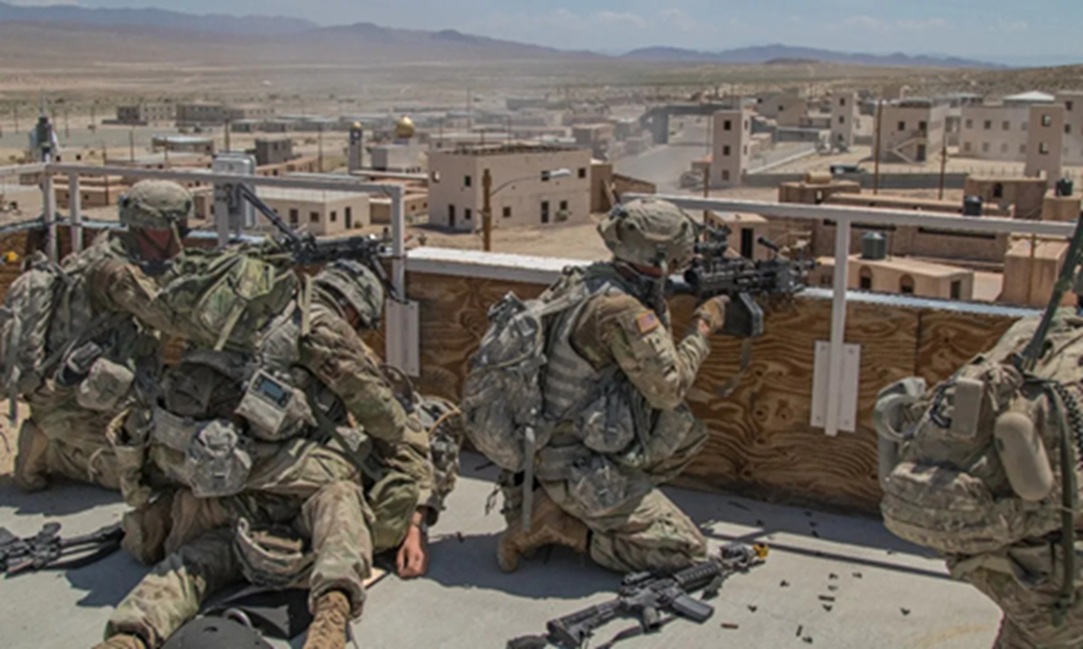This is not the time for mere mourning; it is a moment for resolve, reflection, and response. The response must be rooted not in emotion but in strategy – Chanakya Neeti.
Rekindling Chanakya’s Triad
Chanakya, the ancient master of statecraft, preached a timeless doctrine – real power lies in the delicate balance of diplomacy (neeti), defence (shakti), and development (samriddhi).
The Arthashastra teaches that stability comes from synthesis, not siloed actions. Today, as India grapples with asymmetric threats in Jammu and Kashmir and across the information and cyber domains, this triad must become the cornerstone of our national strategy.
Diplomacy: Beyond Moral Posturing
India’s diplomatic response post-Pahalgam was timely – the summoning of envoys, condemnations, and engagements with global partners. But Chanakya would advise us not to rest there.
Diplomacy must be proactive, not reactive. India must not only isolate Pakistan on the global stage but also deepen ties with regional powers like Iran, UAE, and Central Asian nations to counterbalance the support enjoyed by terror networks.
International narratives must be shaped before adversaries twist them – India must control the narrative arena as fiercely as the physical one.
Furthermore, soft power – India’s democratic ethos, cultural magnetism, and global moral capital – must be harnessed to expose the duplicity of nations that preach peace but practice provocation.
Defence: Strategic, Not Impulsive
Retaliation is often expected and sometimes demanded by a grieving nation. But military responses must not be led by outrage; they must be calculated to deter, not just avenge.
As Chanakya wrote, “He who is prepared controls the battlefield before the first arrow is released.” The nature of modern conflict – hybrid, multidomain, and psychological – demands more than airstrikes. It requires asymmetric strategies: cyber offensives, surgical operations, information warfare, and economic levers.
At the same time, India must demonstrate that its threshold of tolerance has been crossed without falling into the trap of escalation – a trap possibly laid with strategic intent.
With rising global tensions, coordinated provocations – be it through aid to Pakistan, inflammatory statements by Pakistani generals, or suspicious meetings between militant groups in Pok – signal an effort to draw India into war, not to defeat us militarily but to destabilise us internally.
Development: The Strongest Rebuttal to Terror
Pahalgam, a place of pilgrimage and serenity, must not be allowed to become a metaphor for fear. Counterterrorism is not just about guns and fences; it is about jobs, schools, and hope.
Investment in infrastructure, education, and youth engagement in Jammu and Kashmir is not appeasement – it is the sharpest weapon against alienation.
Chanakya understood that prosperity was a pillar of national security. Where economic opportunity flourishes, extremist narratives wither. The path of Viksit Bharat – a developed India – must continue undeterred. A thriving Kashmir is our best rebuke to terrorists who thrive on despair and division.
Chanakya’s Eternal Wisdom in a Modern Battlefield
The Arthashastra offers more than military strategy – it is a guide to navigate complex statecraft. Chanakya wrote of open war, concealed war, and silent war. India today faces all three.
Conventional attacks like Pahalgam are open war. Hybrid threats – propaganda, cyber-attacks, social unrest – are concealed wars. And the insidious efforts to fragment society from within are silent wars. Recognising these layers is the first step toward countering them.
Chanakya’s four tools of governance – sama (persuasion), dama (incentives), bheda (division), and danda (punishment) – must all be deployed in calibrated measures. If persuasion and cooperation fail, as they have with Pakistan, then danda must follow – not in haste, but with strategy.
His six-fold policy regarding neighbouring states – peace, war, neutrality, alliance, marching, and dual policy – remains strikingly relevant. Causing internal chaos by exploiting fault lines of religion, caste, and economy is a classic ploy to weaken a nation. India must not just secure its borders, but should ensure social cohesion.
Beware of the Strategic Trap
The timing of the Pahalgam attack – targeting Hindu civilians, invoking the Prime Minister’s name, and coinciding with global diplomatic flux – is no accident. It hints at a calculated provocation.
With even global powers and India’s political opposition seemingly aligning in support of strong retaliation, the trap is set: provoke a war, ignite communal strife, and stall India’s growth trajectory.
The real threat lies not outside, but in how we respond. Internal traitors and polarising agents, acting in sync with foreign agendas, could exploit military action to fracture India from within. Hence, strategic restraint can sometimes be the most powerful blow.
Strategic Vigilance Over Emotional Volatility
Public opinion matters in a democracy, but it must not dictate military doctrine. National security is not a referendum. Strategy must lead; it should not be sentimental.
It is not about whether we hit back, but how, when, and to what end. The alignment of political objectives (ends), strategic vision (ways), and operational capacity (means) must guide our response.
Even without boots crossing borders, punitive actions – like denying water access or disrupting economic engagements – can send potent signals. Deterrence is not always kinetic.
From Outrage to Outcomes
India must not oscillate between outrage and inaction. We must evolve – be politically astute, militarily prepared, economically integrated, and socially united. The enemy must see not only our clenched fist but also our unwavering mind.
As Chanakya warned, “The weak invite war.” But strength is not in the roar of retaliation alone; it lies in the composure of command, the clarity of vision, and the will to act across all domains of power.
Let Pahalgam not be a wound we revisit, but a turning point we remember. Chanakya said the weak invite war. India must show it has the mind to plan, the fist to strike, and the will to rebuild all in synergy.
Article Courtesy: https://raksha-anirveda.com/
Disclaimer: The views and opinions expressed by the author do not necessarily reflect the views of the Government of India and Defence Research and Studies







